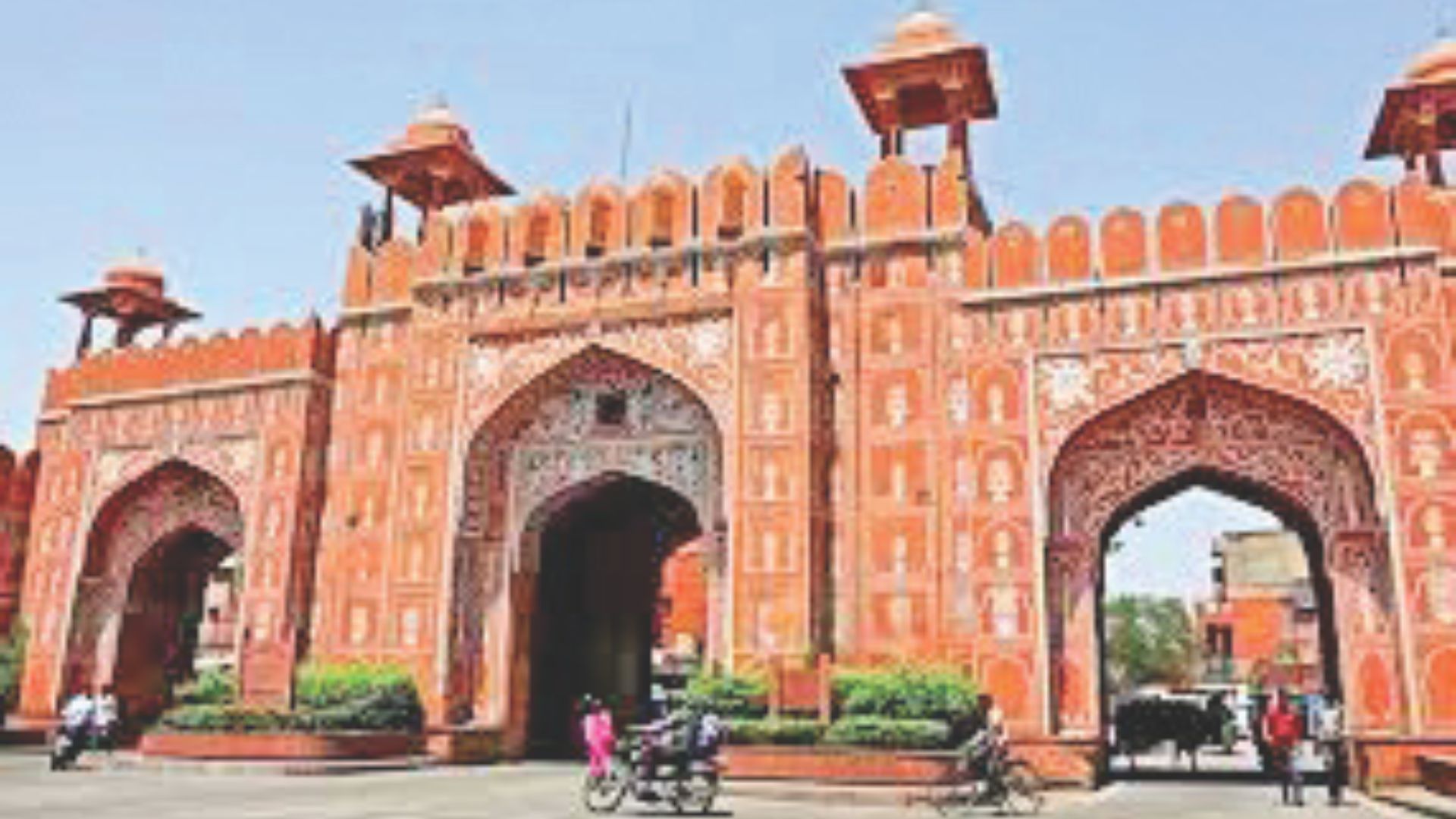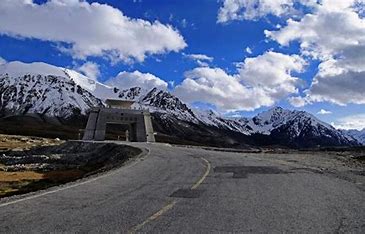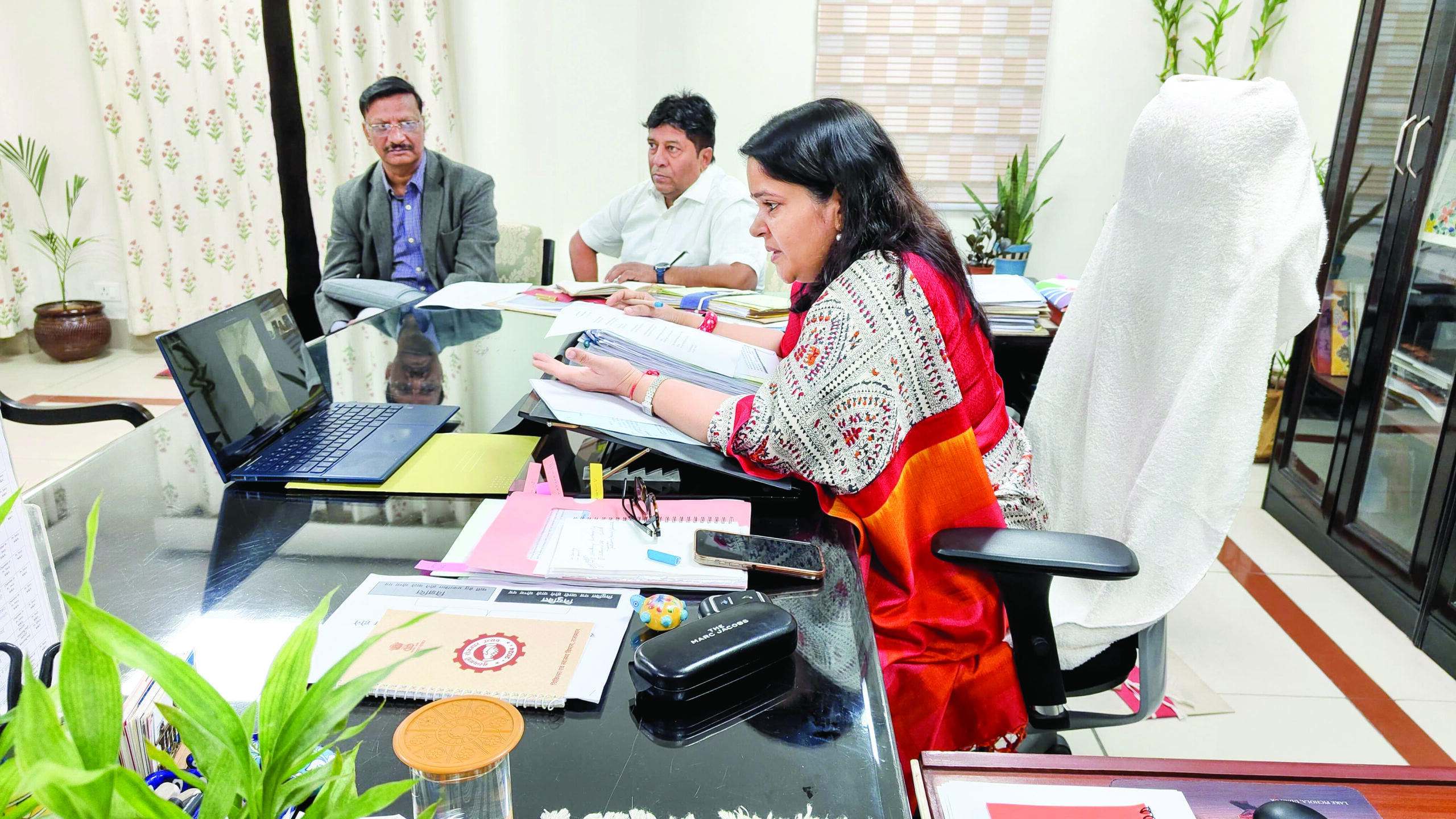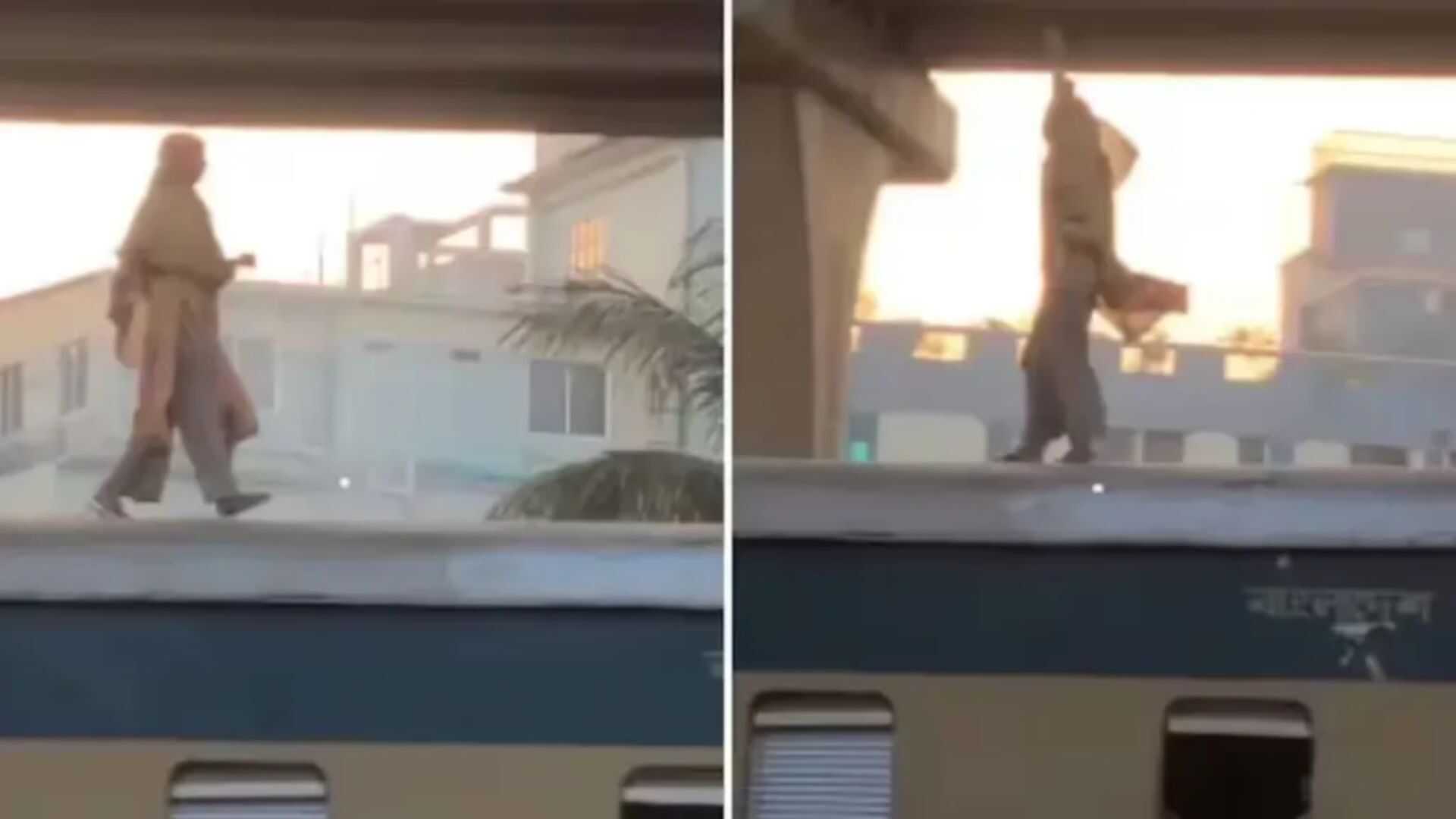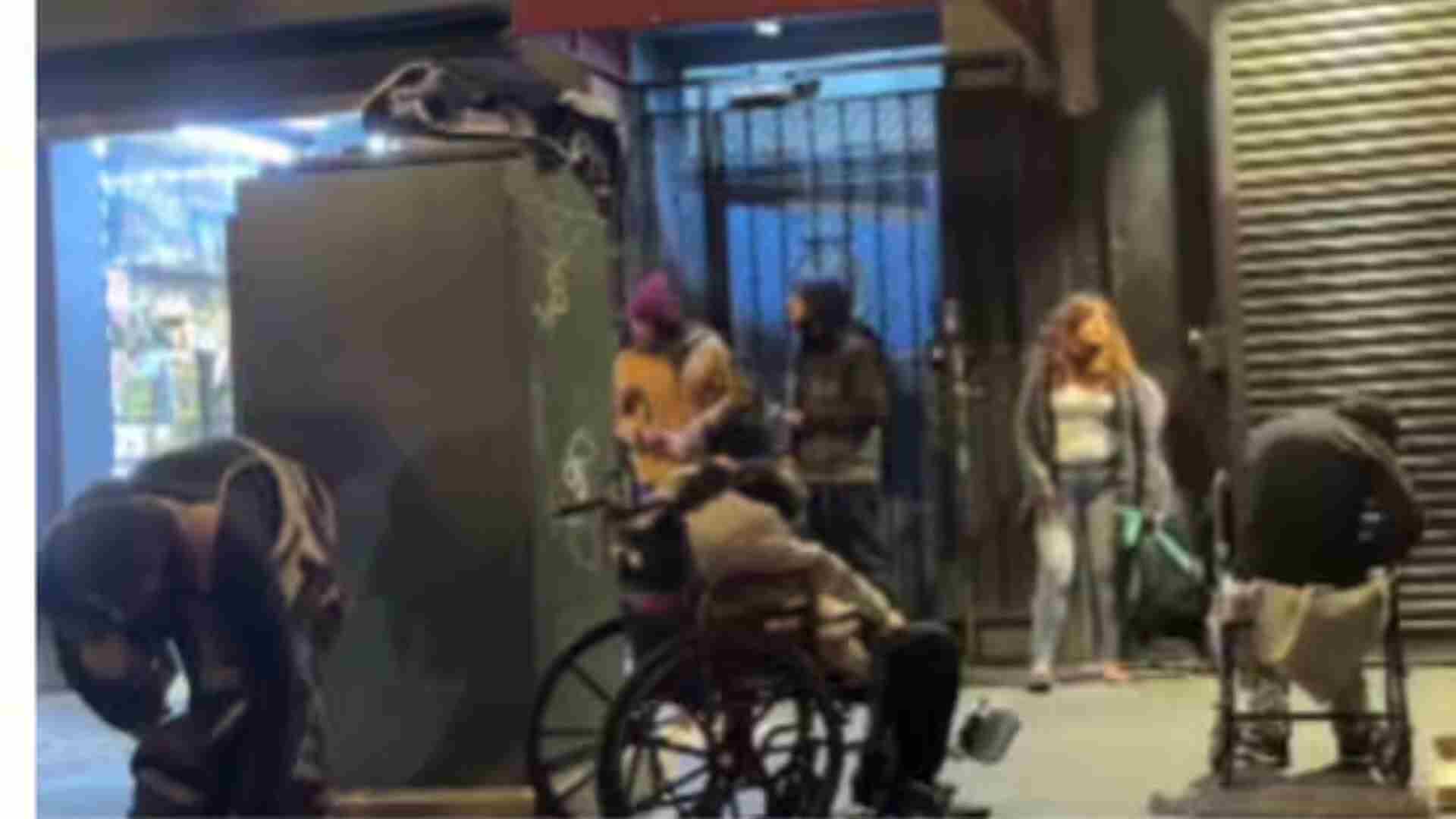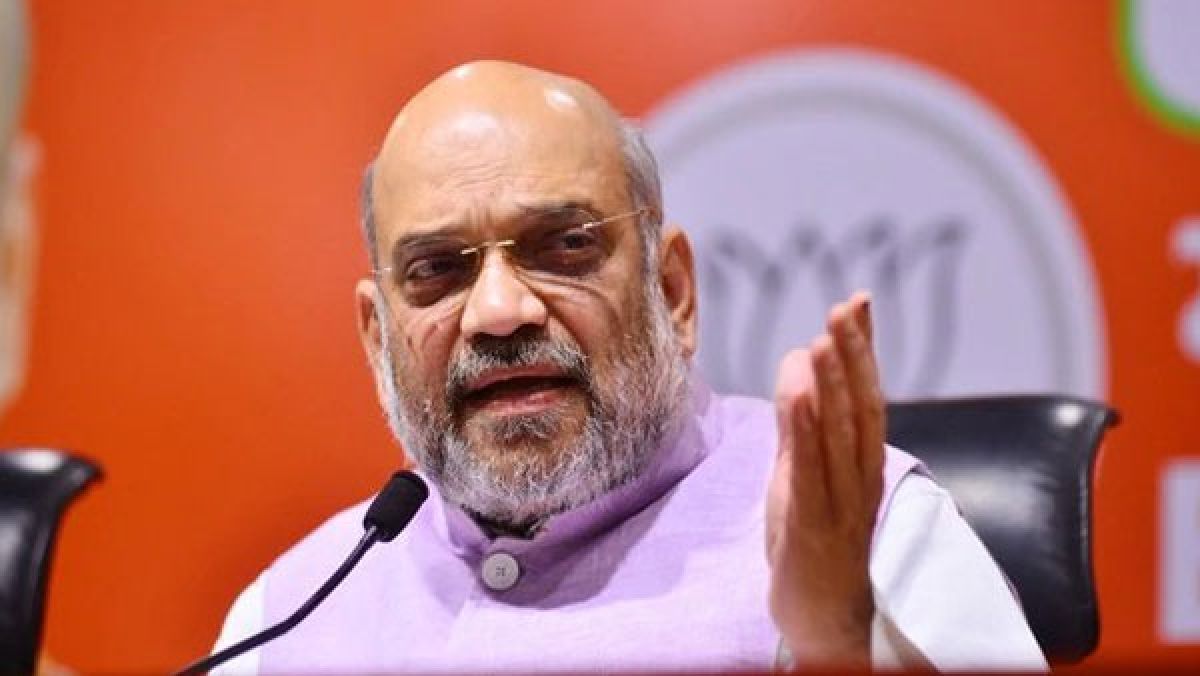
The Central government on Tuesday told the Lok Sabha that it is preparing rules under the Citizenship (Amendment) Act and has time till 9 July to frame and implement them.
In a written reply to a question, Union Minister of State for Home Nityanand Rai said the Citizenship (Amendment) Act (CAA), 2019 was notified on 12 December 2019, and it came into force with effect from 10 January 2020.
“The Rules under The Citizenship (Amendment) Act, 2019 are under preparation. The Committees on Subordinate Legislation, Lok Sabha and Rajya Sabha have granted an extension of time up to April 9 and July 9, respectively to frame these rules under the CAA,” the MoS said in a written reply to a question by Congress Lok Sabha MP V.K. Sreekandan.
Sreekandan had asked: “… whether it is a fact that the Government is considering to implement the Citizenship (Amendment) Act very soon” and “… whether the rules under CAA are still under preparation despite the fact that the said Bill was passed more than a year ago”.
In December last year Home Minister Amit Shah had said the process of framing rules had been delayed because of the pandemic, and that it would be taken up once the vaccination drive began. India began its national Covid vaccination drive on 16 January 2021.
The Manual on Parliamentary Work states that “statutory rules, regulations and bye-laws will be framed within a period of six months from the date on which the relevant statute came into force”.
It also states that in case the ministries and departments are not able to frame the rules within the prescribed period of six months, “they should seek an extension of time from the Committee on Subordinate Legislation stating reasons for such extension”, which cannot be more than for a period of three months at a time.
The CAA, which facilitates granting of Indian citizenship to persecuted non-Muslim minorities—Hindu, Sikh, Jain, Buddhist, Parsi and Christian—of Pakistan, Bangladesh and Afghanistan, was passed by Parliament in December 2019, triggering protests in different parts of the country.
The CAA triggered protests in several states, including Assam and Bengal, both of which are due to hold Assembly elections in the coming weeks and months. The national capital too witnessed pitched battles over four days in March, in which more than 50 people were killed and hundreds injured. It also saw a huge sit-in protest at Shaheen Bagh, which was only broken up in March last year because of the Covid-19 pandemic.
Union Home Minister Amit Shah, however, dismissed the protests against the CAA and said that these were “mostly political”. He had asserted that no Indian would lose citizenship due to the Act.
